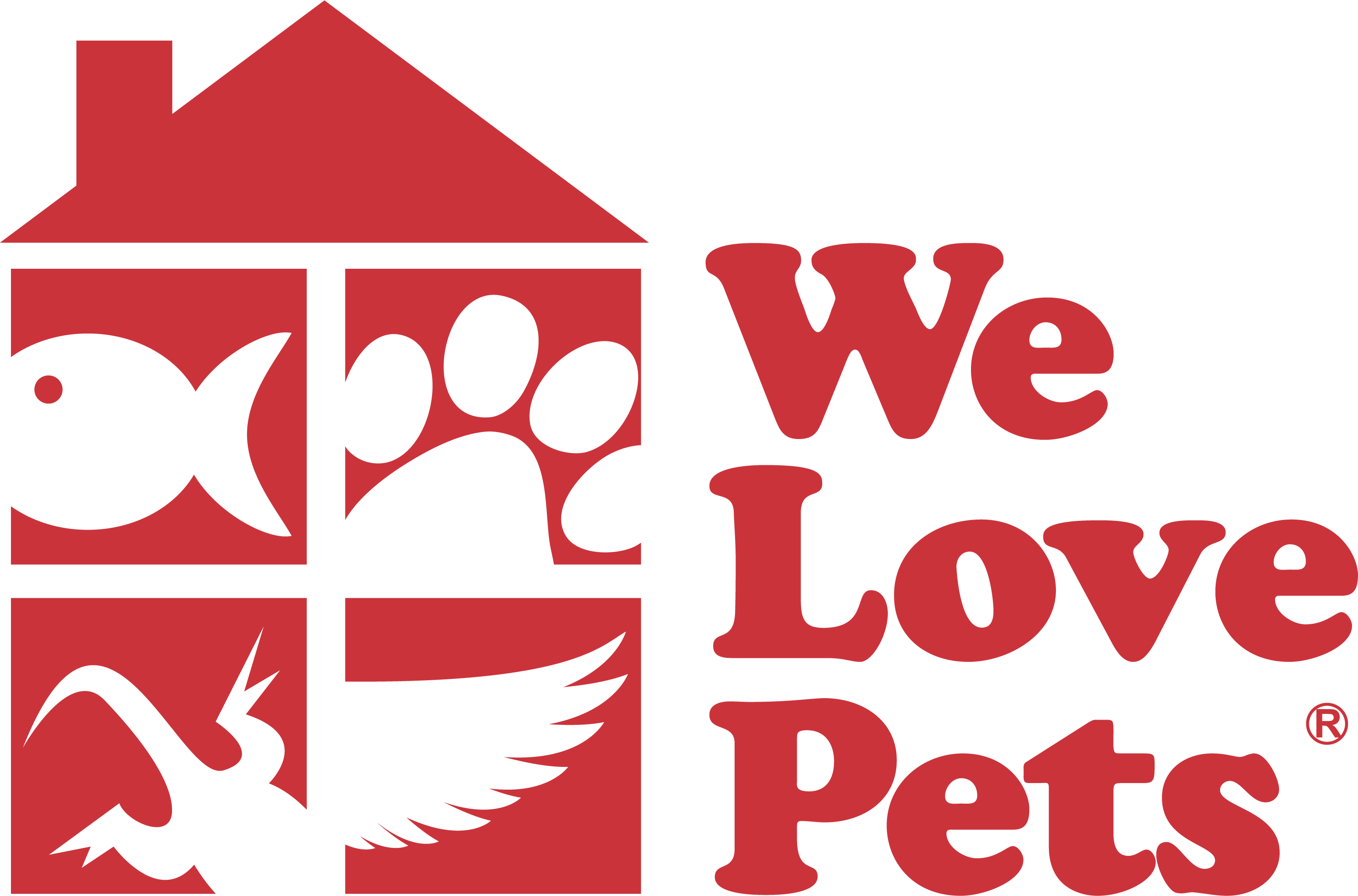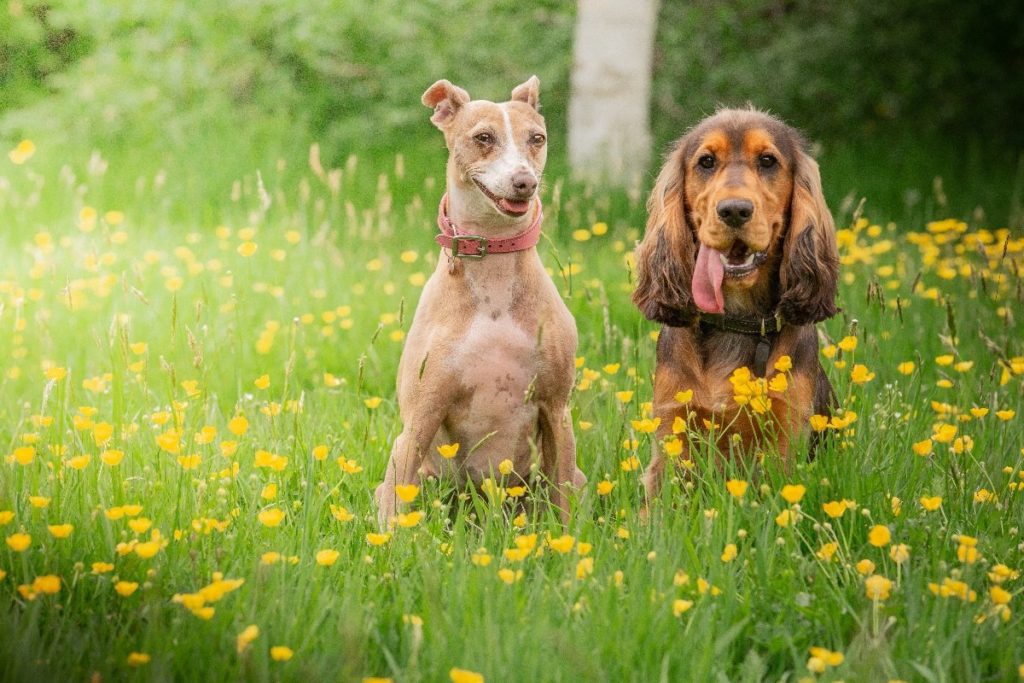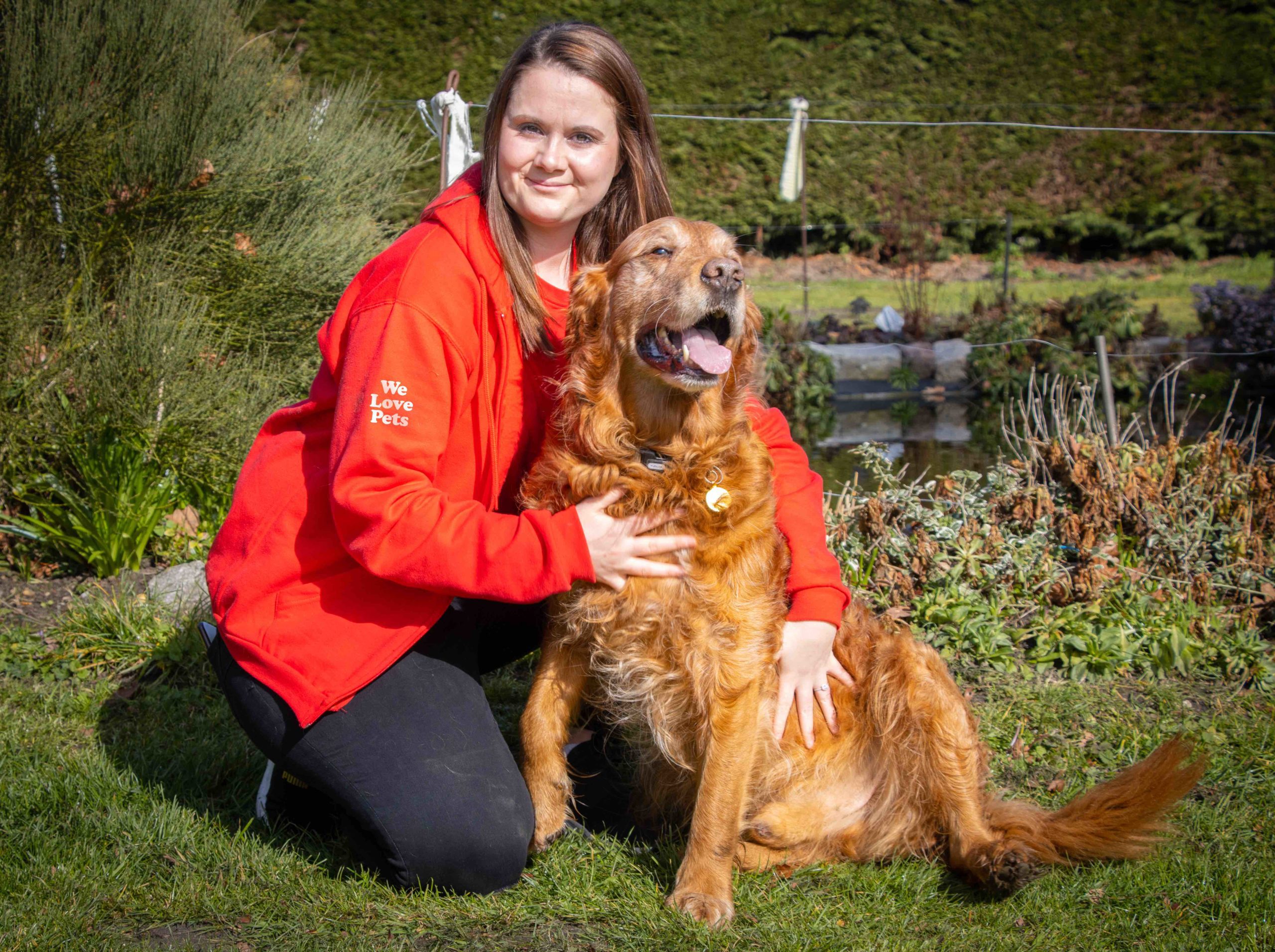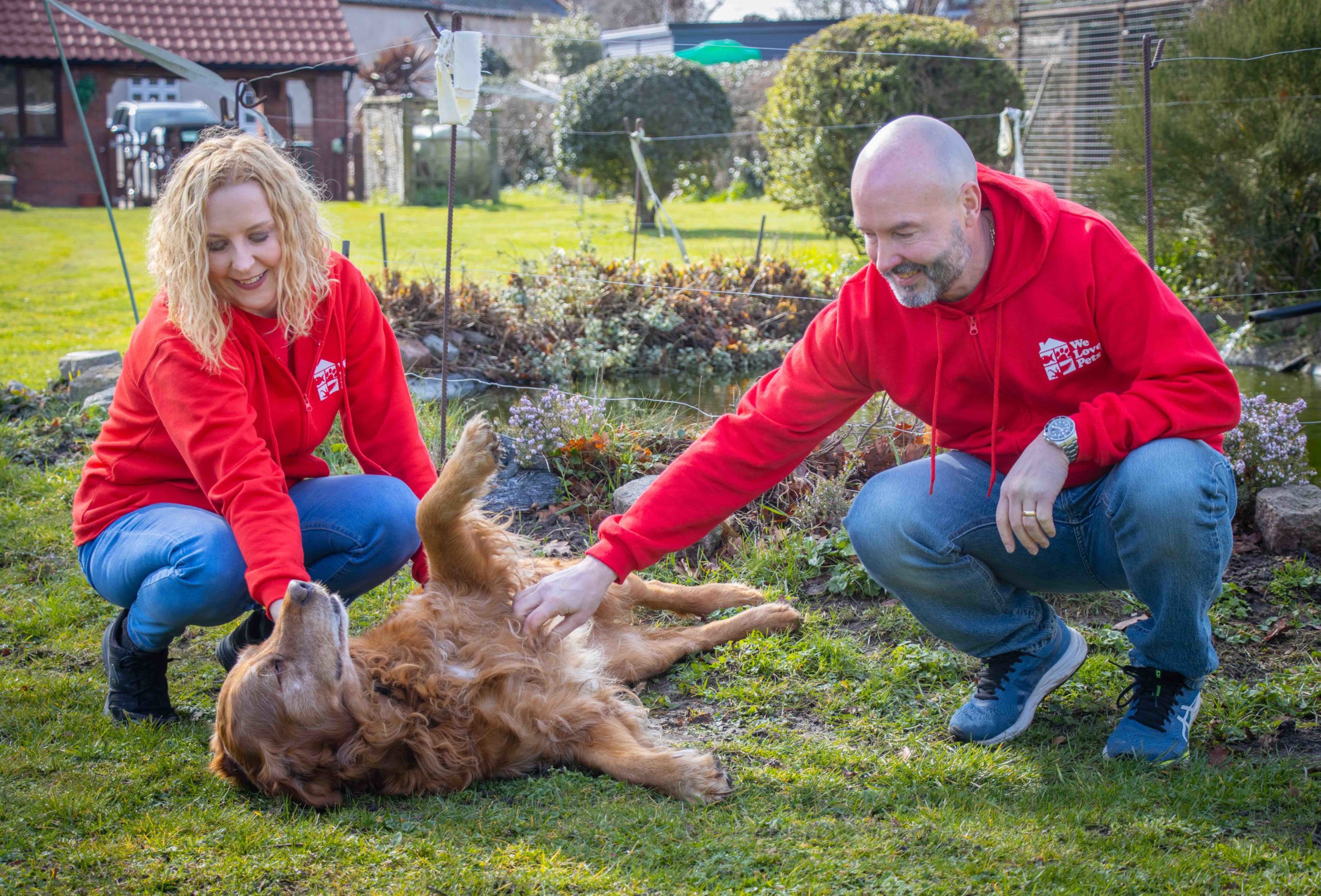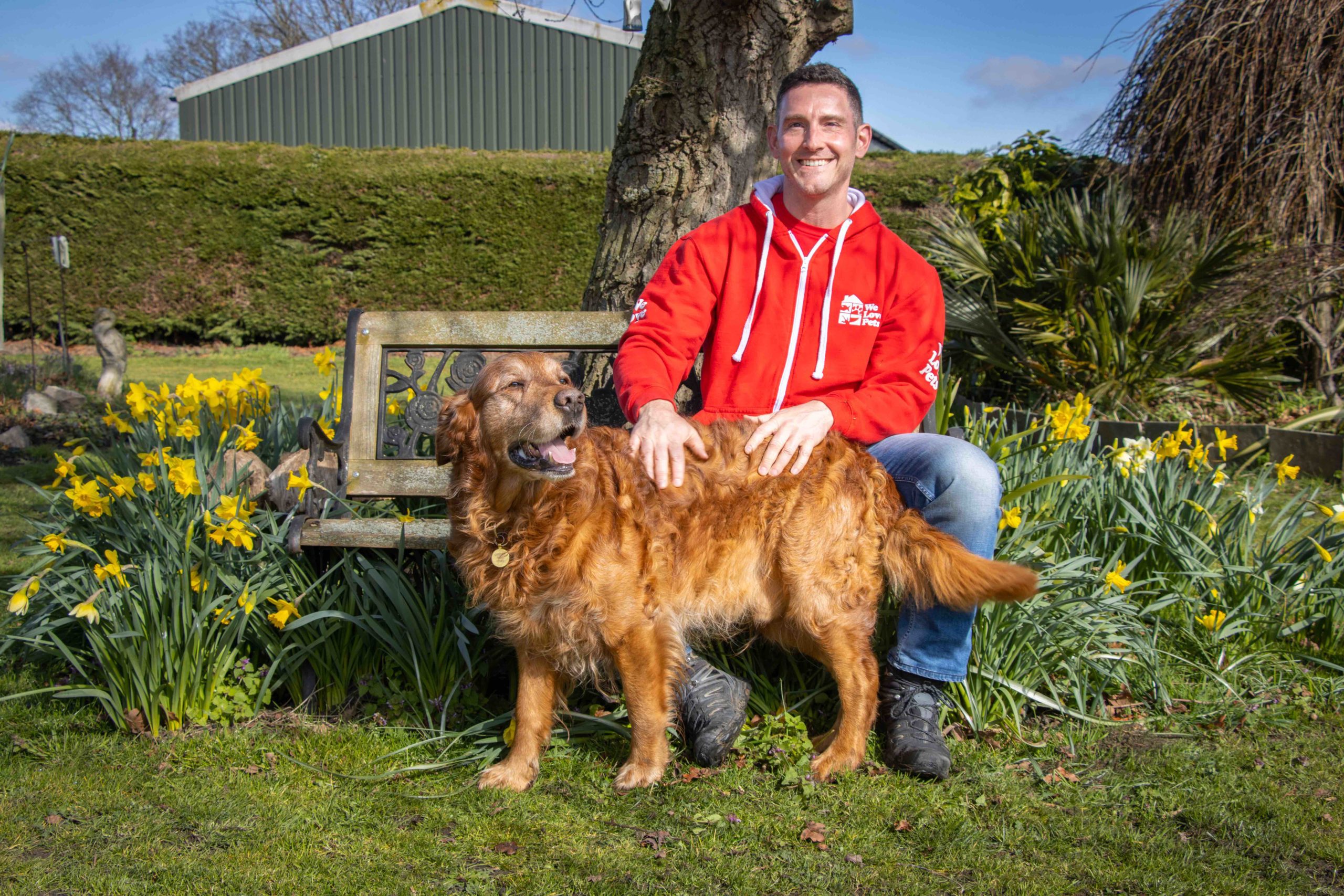We all love the warmer weather however with it comes stinging insects, that some dogs like to chase.
Thanks to Virginia from the Didcot branch told us what happened to a friend’s dog…
“A friend’s dog was bitten by a bumble bee it all happened very quickly and so did the swelling to the dog’s face and airway, I am pleased to say she is now fully recovered but cautious of bees!! It is a concern as the bees are flying very close to the ground now and all dogs love any opportunity to chase something…”
It is getting to that time of year when there are more and more bees and wasps about. Insect bites and stings can occasionally be dangerous to dogs so it is important to know what symptoms to look out for and what to do.
How to prevent pets from being stung
Bees are attracted to bright colours. Therefore, brightly coloured collars and dog harnesses may attract unwanted attention. When walking dogs, you should try to avoid areas with lots of plants and flowers as this is where bees will be most abundant.
What are the signs of insect bites and stings?
The main signs of insect bites and stings include:
- Swelling, including face
- Drooling
- Pain
- Irritation
- Hives
- Skin changes including rashes
- Anaphylaxis
- Collapse
If you notice a dog experiencing any of these symptoms, seek veterinary attention, especially if the dog has been stung in the mouth or throat; swelling of the throat may impair breathing. Dogs have been known to develop kidney problems due to the toxins released by the sting. This can also occur if the insect is swallowed.
For minor stings – if the dog has been stung by a bee, you can bathe the affected area with bicarbonate of soda diluted in water. Alternatively, if your dog is suffering from a wasp sting, you can bathe the affected area with vinegar diluted 1:1 with water.
Disclaimer: No liability is assumed for the content of this article. Advice given is not a substitute for proper consultation with a veterinary surgeon, and is intended as a guide only, to the best of the author’s knowledge. You should consult a registered veterinary surgeon if you have any concerns in relation to the health and welfare of an animal.
